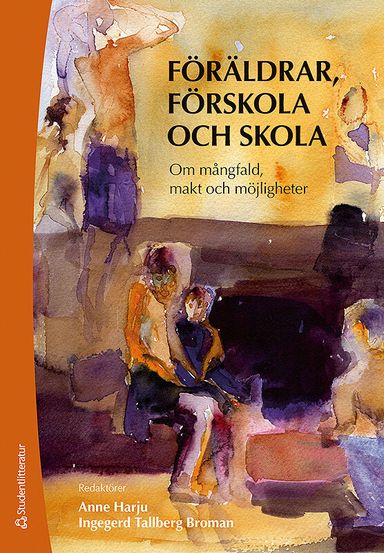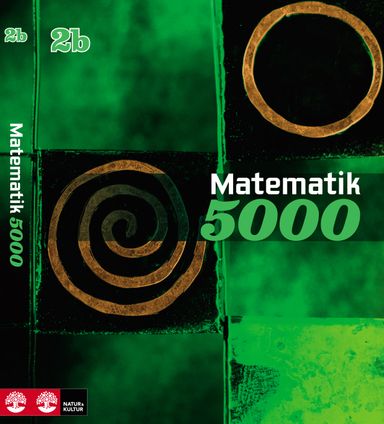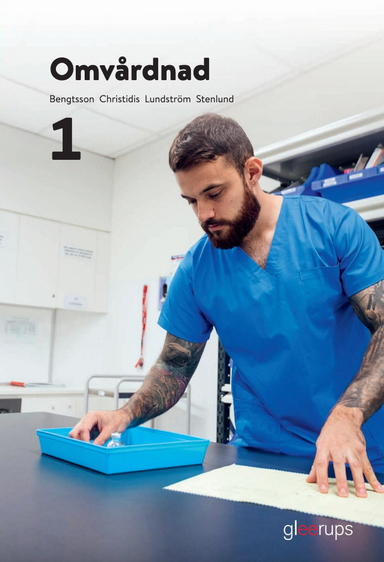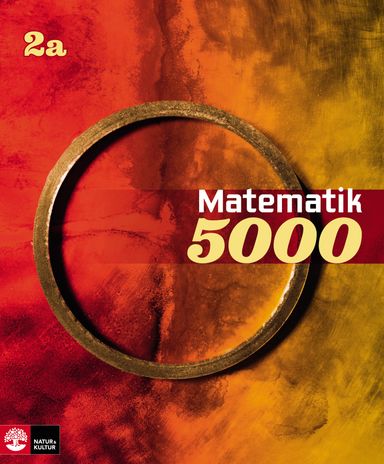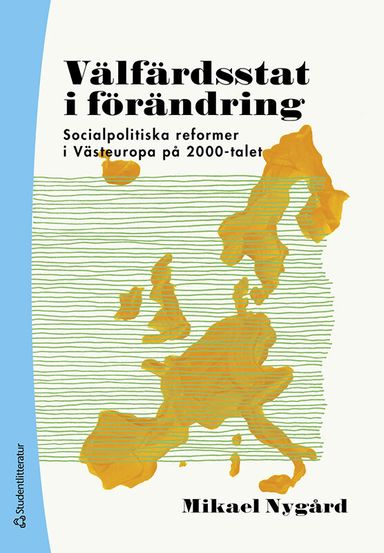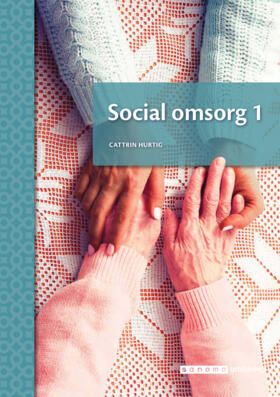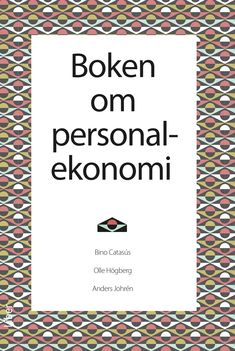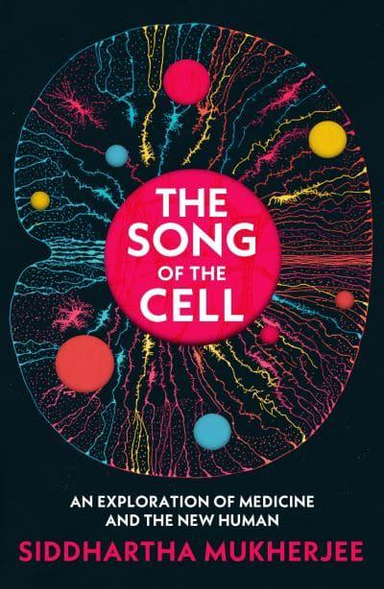

The Song of the Cell
- Utgiven: 2022
- ISBN: 9781847925985
- Sidor: 496 st
- Förlag: Random House UK
- Format: Häftad
- Språk: Engelska
Om boken
In the late 1600s, a distinguished English polymath, Robert Hooke, and an eccentric Dutch cloth-merchant, Antonie van Leeuwenhoek, look down their hand-made microscopes. What they see introduces a radical concept that alters both biology and medicine forever. It is the fact that complex living organisms are assemblages of tiny, self-contained, self-regulating units. Our organs, our physiology, our selves, are built from these compartments. Hooke christens them 'cells'. The discovery of cells announced the birth of a new kind of medicine. A hip fracture, a cardiac arrest, Alzheimer's, AIDS, lung cancer - all could be re-conceived as the results of cells, or a cellular ecosystem, functioning abnormally. And all could be treated by therapeutic manipulations of cells. This revolution in cell biology is still in progress: it represents one of the most significant advances in science and medicine.
Åtkomstkoder och digitalt tilläggsmaterial garanteras inte med begagnade böcker
Mer om The Song of the Cell (2022)
I oktober 2022 släpptes boken The Song of the Cell skriven av Siddhartha Mukherjee. Den är skriven på engelska och består av 496 sidor djupgående information om naturvetenskap. Förlaget bakom boken är Random House UK.
Köp boken The Song of the Cell på Studentapan och spara pengar.
Tillhör kategorierna
Referera till The Song of the Cell
Harvard
Mukherjee, S. (2022). The Song of the Cell. Random House UK.
Oxford
Mukherjee, Siddhartha, The Song of the Cell (Random House UK, 2022).
APA
Mukherjee, S. (2022). The Song of the Cell. Random House UK.
Vancouver
Mukherjee S. The Song of the Cell. Random House UK; 2022.


